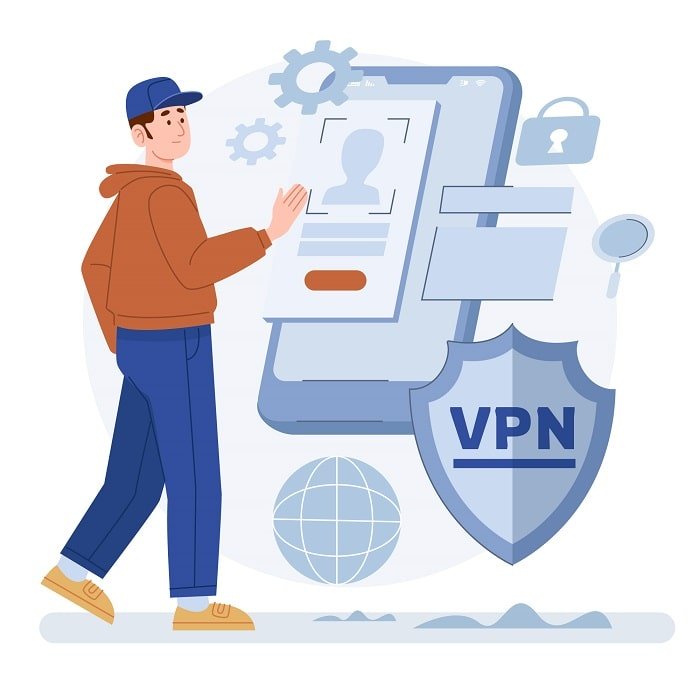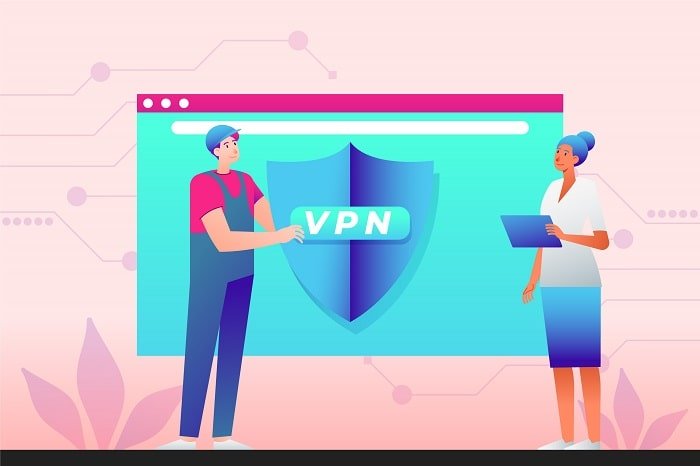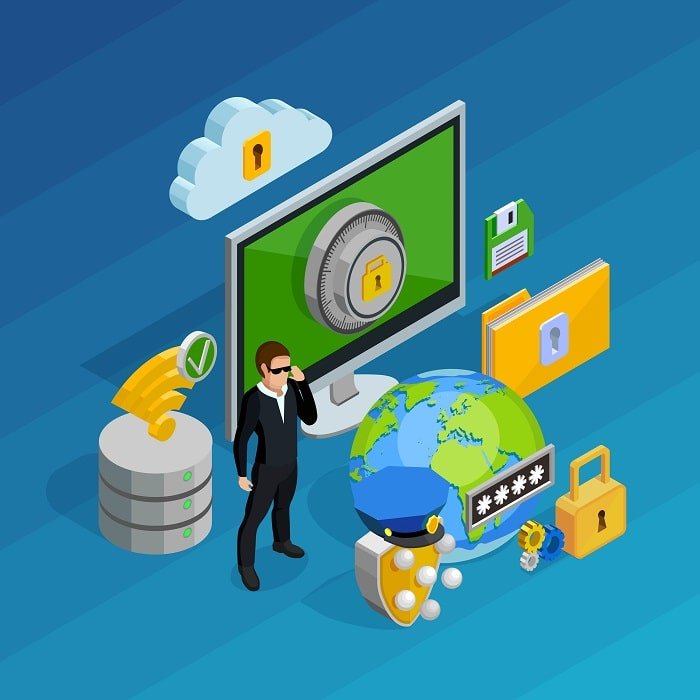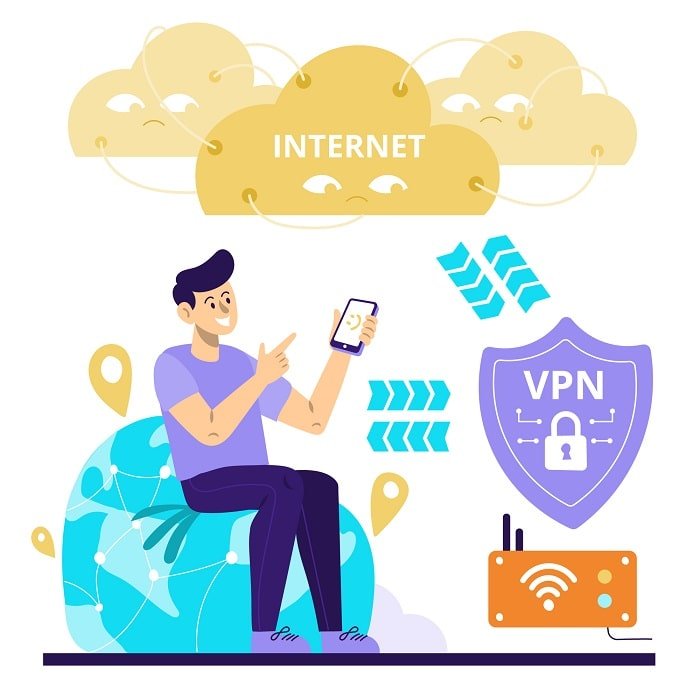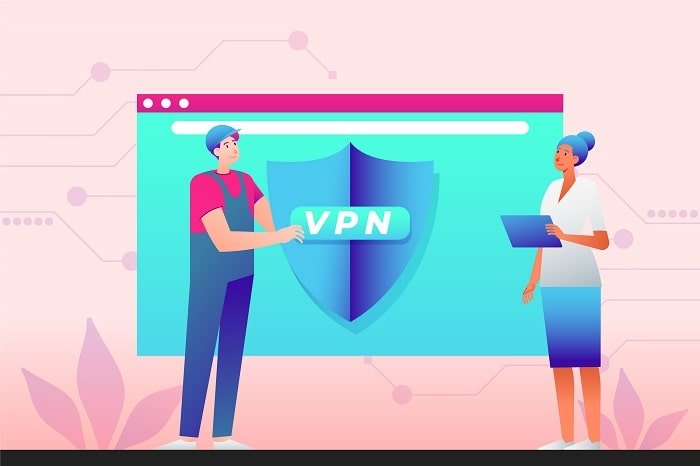
In our increasingly digital world, the importance of online privacy and security cannot be overstated. Virtual Private Networks, or VPNs, play a pivotal role in enhancing these aspects for both individuals and businesses. By understanding the VPN pros and cons, users can make informed decisions about implementing this technology to safeguard their digital activities.
Understanding Virtual Private Networks (VPNs)
What is a VPN?
A VPN is a service that creates a secure, encrypted connection over a less secure network, such as the internet. It enhances privacy by masking the user’s IP address, thus anonymizing their online presence. This process involves:
- Encryption: Securing data so that it can only be read by intended recipients.
- Tunneling: Sending data through a private tunnel over the internet.
- IP Masking: Hiding the user’s real IP address.
Types of VPNs
- Remote Access VPNs: Allow users to connect to a private network from a remote location.
- Site-to-Site VPNs: Connect entire networks to each other, often used by businesses with multiple locations.
- SSL/TLS VPNs: Provide secure access to web applications.
Comparison to Other Security Measures
VPNs are often used in conjunction with other security tools such as firewalls, antivirus software, and other encryption methods. While firewalls protect against unauthorized access, and antivirus software guards against malware, VPNs secure the data transmitted over the internet.
Advantages of Using a VPN
Enhanced Online Security
Using a VPN provides a significant layer of security against various cyber threats:
- Protection Against Cyber Threats: Shields users from data breaches, man-in-the-middle attacks, and eavesdropping.
- Secure Encryption: Ensures that all online activities are encrypted, greatly reducing the risk of data theft and identity theft.
Improved Online Privacy and Anonymity
VPNs offer enhanced privacy by:
- Masking IP Addresses: Prevents websites from tracking your location and browsing habits.
- Anonymous Browsing: Allows users to surf the web without revealing their identity.
Secure Remote Access and Collaboration
VPNs are crucial for businesses, especially when handling sensitive information:
- Remote Access: Employees can securely access company resources from anywhere.
- Data Compliance: Helps businesses comply with data protection regulations.
Unrestricted Access to Content
A VPN allows users to bypass geographical restrictions:
- Bypass Geo-Restrictions: Access content from anywhere in the world.
- Access Blocked Websites: Overcome government censorship and content filtering.
Cost-Effectiveness and Scalability
VPNs provide an affordable and scalable security solution:
- Affordable Security: Less expensive than other security measures like dedicated hardware.
- Scalable Solutions: Can easily expand as the organization grows.
Disadvantages of Using a VPN
Potential for Slower Internet Speeds
Encryption and server distance can reduce internet speed:
- Increased Latency: The time it takes for data to travel between the user and the VPN server can increase.
- Reduced Bandwidth: VPN encryption can slow down the available bandwidth.
Limited Server Locations and Availability
The effectiveness of a VPN can depend on server location:
- Server Availability: Limited access to servers can lead to overcrowding and slow connections.
- Choice of Server Location: Some regions may have fewer servers, affecting speed and access.
Compatibility Issues
VPNs may not work seamlessly with all devices or software:
- Device Compatibility: Some older devices or operating systems may not support modern VPN protocols.
- Software Conflicts: VPNs can conflict with other installed software, leading to issues.
Potential for Logging and Data Retention
Not all VPN providers adhere to strict no-logs policies:
- Logging User Activity: Some VPNs may record your browsing history.
- Data Retention Policies: Users must trust the VPN provider’s commitment to privacy.
Subscription Costs
While there are free VPNs, they often come with limitations:
- Recurring Fees: Most reliable VPN services require a subscription.
- Free VPN Limitations: Free services may have ads, slower speeds, or data limits.
Strategies for Mitigating the Disadvantages of Using a VPN
Choosing the right VPN provider is crucial:
- Reputable Providers: Opt for VPNs known for their strict privacy policies and strong security measures.
- Server Options: Select a VPN with a wide range of servers to avoid overcrowding.
Optimizing VPN Performance
- Server Proximity: Choose a server close to your location to minimize latency.
- VPN Protocols: Experiment with different protocols to find the best balance between speed and security.
Implementing Additional Security Measures
- Strong Authentication: Use multi-factor authentication to enhance security.
- Regular Updates: Keep the VPN software and your devices updated to protect against vulnerabilities.
Educating Users
- Best Practices: Train users on how to use VPNs effectively and safely.
- Security Awareness: Promote a culture of security within the organization.
Case Studies: Successful VPN Implementation and Usage
Real-world examples of businesses and individuals who have effectively used VPNs can provide valuable insights into best practices and the tangible benefits of VPN implementation.
Conclusion
Understanding the VPN pros and cons is essential for anyone considering this technology for enhancing online security and privacy. By carefully evaluating and addressing the disadvantages while leveraging the advantages, users can effectively use VPNs to protect their digital lives. Evaluate these factors to make informed decisions about incorporating VPNs into your security strategy.

